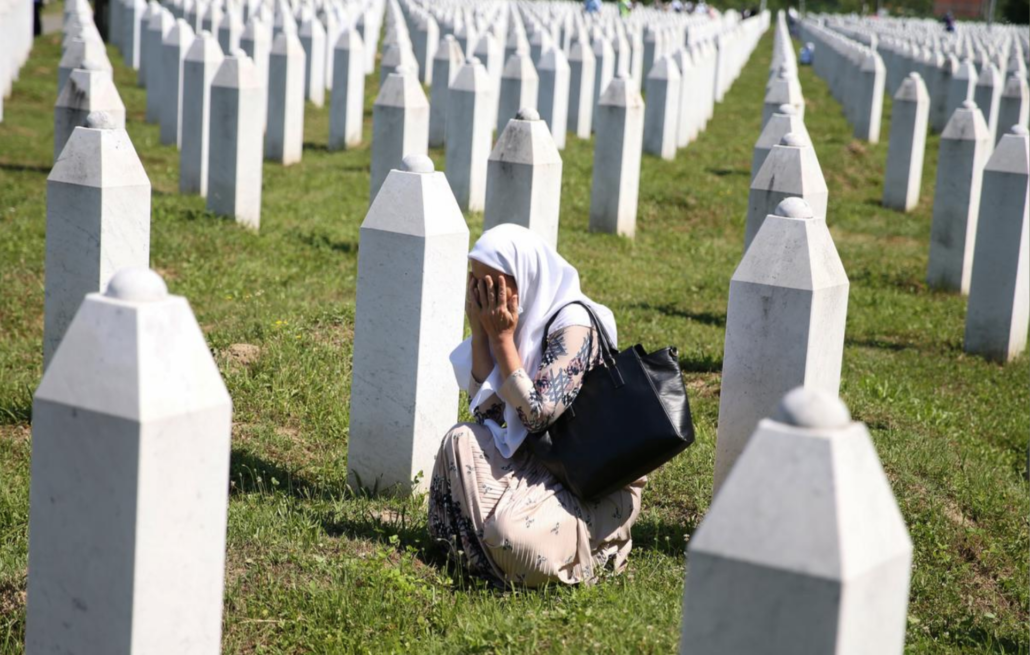
On Saturday, Bosnians marked the 25th anniversary of the Srebrenica Genocide that involved the massacre of about 8,000 Muslim men and boys in Srebrenica by the Serb forces.
As the Serbs organised an event celebrating July 11 as the “Srebrenica Liberation Day”, Muslim Bosniaks took part in the commemoration of the massacre of Muslim men and boys.
Unable to attend because of coronavirus epidemic, international community leaders took part in the commemoration ceremony via video link.
Commenting on the 25th commemoration, the United States Secretary of State Mike Pompeo said, “We grieve with the families that tirelessly seek justice for the 8,000 innocent lives lost, all these years later.”
During the 1992-1995 Bosnian war, Bosnian Serb forces drove non-Serbs out of territories they wanted for their dominant Serbian state.
Muslim Bosniaks who fled in the fear of the Bosnian Serb forces, took shelter in Srebrenica, the United Nations (UN) designated “safe zone”.
On July 11, 1995, the Serb forces overran Srebrenica, which was protected by the lightly armed UN Dutch peacekeepers, under the command of General Ratko Mladic.
The Serb forces sent Muslim women and children away and then executed Muslim men and boys, whose bodies were later dumped into mass graves.
These mass graves were used by UN investigators as evidence while holding Bosnian Serb leaders accountable for war crimes.
The UN convicted Mladic and his political chief Radovan Karadzic over Srebrenica genocide.
However, both the convicts are stated as heroes by the Serbs, many of whom deny that genocide happened.
For nearly 25 years, conflicting narratives about the bloodshed have inhibited reconciliation between the Serbs and Muslim Bosniaks even after the end of the Bosnian war that led to about 100,000 fatalities.
During the commemoration gathering, the Bosniak chairman of Bosnia’s tripartite presidency, Sefik Dzaferovic, urged for legislation that would ban denial of genocide.




